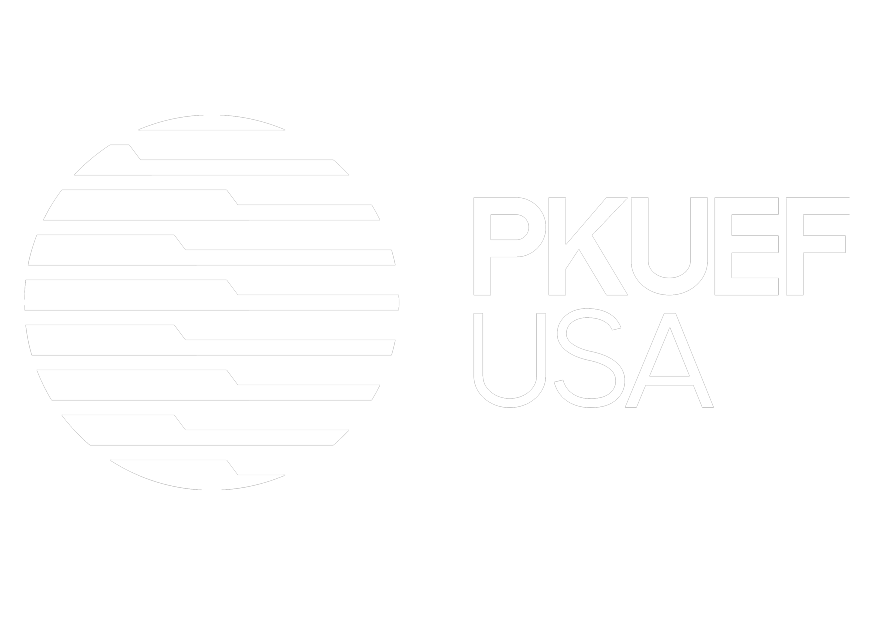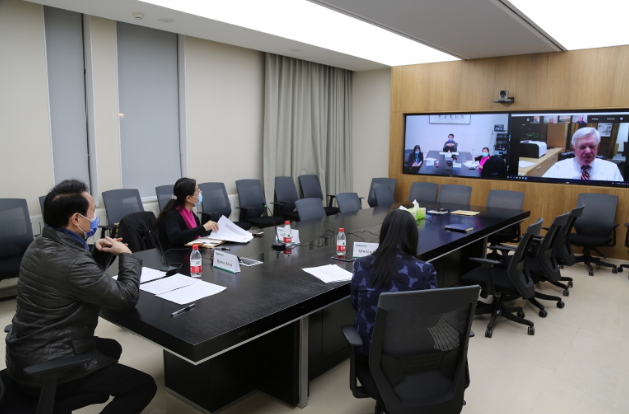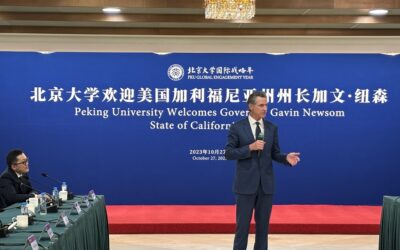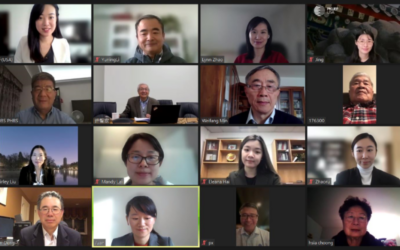Our experience will be helpful: Colleagues in China share their COVID-19 advice with Michigan Medicine leaders
March 30, 2020
On a March 26 conference call, doctors from Peking University Health Science Center (PKUHSC), Michigan Medicine’s longstanding partner school in China, shared their experience as we battle against COVID-19. PKUHSC alone sent more than 400 doctors and nurses to Wuhan to help manage the surge of patients there, said PKUHSC President Qimin Zhan, who co-hosted the virtual meeting with Dr. Joseph Kolars, U-M Medical School Senior Associate Dean for Education and Global Initiatives.
“At the end of January, I received a very warm letter of support from Dr. Kolars and Dr. Runge (Marschall Runge, Michigan Medicine Chief Executive Officer). This was during a critical time for China, so thank you,” Zhan said. “After fighting against this virus for two months, the situation in China is getting better. I think our experience will be helpful to what you are doing right now.”
More than 40 people participated in the teleconference, organized by the Michigan Medicine-PKUHSC Joint Institute and UMMS Global REACH. From Michigan Medicine, Runge participated, as did Executive Vice Dean for Academic Affairs Carol Bradford, Executive Vice Dean for Research and Chief Scientific Officer Steve Kunkel, Chair of Internal Medicine John Carethers, Chief of Pulmonary and Critical Care Medicine Theodore Standiford, and U-M Health System Sr. Vice President and Chief Operating Officer Tony Denton.
“We are grateful that you have taken the time to help us this morning and we very much look forward to your guidance regarding what approaches have proven more effective and what has proven less effective,” Runge said. “We are turning to you for advice. I know you have wisdom that will be valuable to us.”
Participants from PKUHSC included Vice President Ning Zhang and more than a dozen leaders and physicians from pulmonary and emergency medicine who joined the conversation from both Beijing and Wuhan. The 90-minute call touched on many clinical aspects of COVID-19 as the Michigan Medicine participants asked questions of their Chinese counterparts.
Is there evidence of immunity in patients who have recovered? Confirmed COVID patients tested after infection all have virus antibodies, but more research is needed to know how well and for how long the antibodies will protect against future infections.
Have Chinese patients testing positive for COVID-19 reported signs of diminished taste or smell as has been reported recently in some US patients? Such symptoms were not encountered in the experience of the PKUHSC physicians working in Wuhan.
Have providers in China explored treatment of COVID-19 patients using antibodies extracted from others who have recovered? Such treatment has been available for only a few weeks in China. Doctors have not been able to verify its efficacy, although early studies are underway.
What has been the incidence rate of infection among the healthcare workforce? After some infection among physicians and nurses early on in the outbreak, personal protective equipment (PPE) training was enhanced and supply chains reinforced. Among the 42,000 doctors and nurses sent to Wuhan and the surrounding Hubei province from elsewhere in the country, there have been no reported cases of transmission to health workers, according to Zhan.
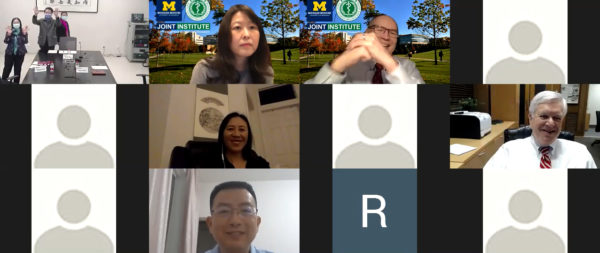
Logging onto the March 26 conference call, which included participants in Ann Arbor, Beijing, and Wuhan.
In the near term, all of the Chinese physicians emphasized two common points above all else: the need to separate COVID-19 patients from other patients, and the need to mitigate potential exposure among the front-line teams treating patients.
“For COVID-19 positive patients or suspected COVID patients (awaiting test results), you have to separate them because transmission can happen very quickly, which is dangerous for other patients, and doctors and nurses,” said Peking University Third Hospital Vice President Ning Shen, who has been in Wuhan for eight weeks treating patients.
The Chinese established a national system to isolate those diagnosed with COVID-19 in ‘Fangcang’ shelter hospitals, which were set up utilizing gymnasiums, convention centers and other large spaces.
“It was important to isolate even the mildest patients,” said PKU Third Hospital President Jie Qiao, speaking from Wuhan. “Those in the facility require observation and occasional help with oxygen. It’s important they are isolated and protect their family and their neighborhood. It decreases the transmission to others.”
Both sides are discussing more conference calls, including the potential for more focused conversations within specialized departments. Such meetings would allow for more in-depth exchange, something the respective pulmonary teams have already started.
“They shared their experiments with the use of steroids, which suggest that there was a reduction in mortality. We also learned of the fairly profound hyper-coagulative state that some of these patients present with. They (in China) are treating patients with Heparin, which frankly was off from our radar,” said Standiford. “Beyond that, the level of emotional support I’ve found to be invaluable. Ning (Shen) and her team are true colleagues in every sense of the word. I can’t imagine that exchange happening without the Joint Institute.”
Established 10 years ago, the JI partnership between Michigan Medicine and PKUHSC already has generated more than 60 joint research projects across a variety of fields, including kidney and pulmonary diseases, emergency medicine and more. There are many ways both institutions could benefit from joint explorations of COVID-19, said Kolars, who co-directs the partnership with Zhan.
“I would be delighted to share ideas about and champion new research to help with the COVID pandemic,” Kolars said. “These conversations help us broadcast to the community just how crucial our relationships with China are and how dependent we are on one another.”
